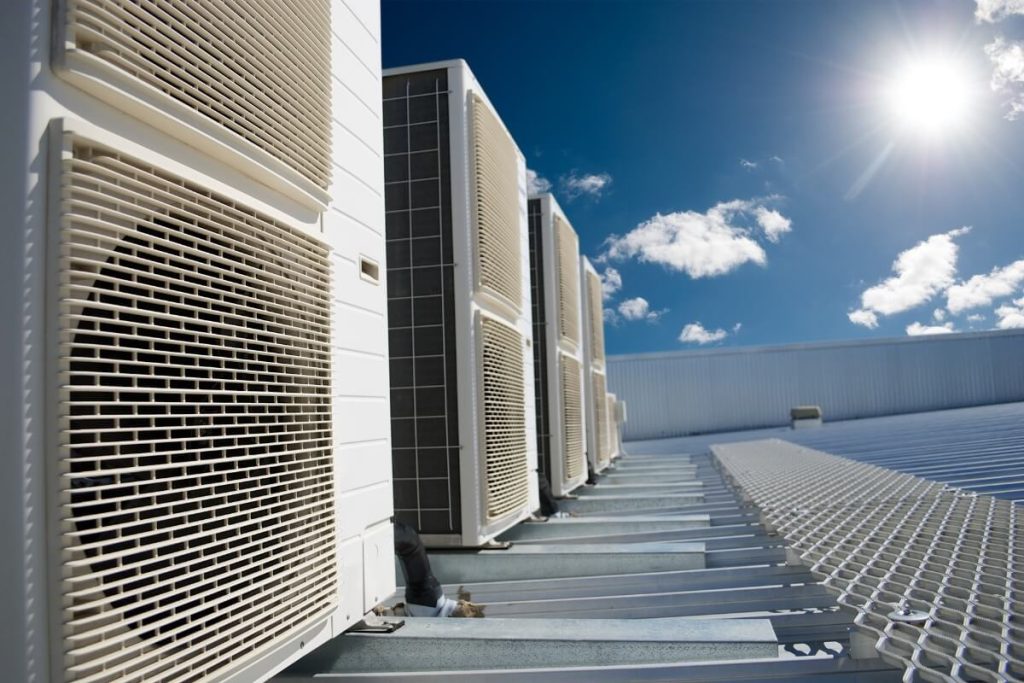Empowering The Sun
Hvac heating system

Elevating global standards with exceptional, unmatched Dutch craftsmanship in advanced industrial heat exchange.

HVAC Heating System
An HVAC heating system, integral to maintaining comfort and efficiency in residential and commercial spaces, is designed to provide a controlled and consistent indoor climate. Central to this system is its ability to heat, ventilate, and provide air conditioning (HVAC) through a network of ducts, filters, and units that manage air flow and temperature.
This system not only ensures thermal comfort but also enhances air quality by filtering out contaminants and managing humidity levels. It encompasses various components including furnaces, heat pumps, and boilers which operate on different principles such as combustion, electric resistance, or heat transfer to warm indoor air, maintaining an optimal environment regardless of external weather conditions. The precision in controlling temperature, humidity, and overall air quality makes HVAC heating systems a cornerstone of modern building management and comfort.

The Heartbeat of Modern Comfort: Exploring HVAC Heating Technologies
As we delve deeper into the intricacies of HVAC heating systems, it becomes clear that this technology is not just about warmth but about crafting an environment that adapts seamlessly to our needs and external conditions. The evolution of HVAC systems reflects a journey towards greater energy efficiency, sustainability, and user-centric control.
Evolution of Heating Technologies
Modern HVAC systems are a testament to advanced engineering and environmental awareness. From traditional furnaces that burn fuel to generate heat, to electric heat pumps that transfer heat between the inside and outside of a building, the technology has grown to embrace energy efficiency and reduce carbon footprint. The introduction of programmable thermostats and smart systems has further revolutionized this field, allowing for meticulous control over heating modes and air flow, optimizing energy use and reducing costs.
Integration of Renewable Energy
The incorporation of renewable energy sources like solar radiation and geothermal energy into HVAC systems marks a pivotal shift towards eco-friendly heating solutions. Ground-source heat pumps, for example, utilize the stable temperature of the earth to provide heating, cooling, and hot water at remarkably high efficiencies, significantly cutting down energy consumption and carbon emissions.
Enhancing Air Quality and Comfort
One cannot overlook the role of HVAC systems in air quality management. With features like air filters and humidifiers, these systems play a crucial role in filtering out airborne bacteria and excess humidity, ensuring a healthier living space. Advanced filtration technologies not only protect against environmental pollutants but also provide a safeguard against allergens and pathogens, enhancing the overall indoor air quality.
The Role of Ventilation
Proper ventilation is another critical aspect managed by HVAC systems. It’s not just about introducing fresh air but about strategically removing or diluting indoor airborne contaminants. This is particularly vital in high-density settings like commercial buildings or residential complexes, where the circulation of fresh air is essential for maintaining a healthy and comfortable environment.
Through these sophisticated technologies and systems, HVAC heating units not only serve as the backbone of modern thermal comfort but also as guardians of air quality and energy efficiency in our buildings.

Discover Unparalleled Comfort with ICARUS Finned Tube Heat Exchangers
At ICARUS, we are not just about providing heating solutions; we are about revolutionizing your experience of comfort and efficiency in every indoor space. Our finned tube heat exchangers stand at the forefront of HVAC technology, designed to meet the rigorous demands of both commercial and residential buildings.
Tailored Solutions for Every Space
Our commitment to quality and innovation drives us to offer customized solutions that cater to the specific needs of our clients. Whether you are looking to enhance the thermal comfort of a sprawling office building or a cozy residential home, ICARUS’s advanced finned tube heat exchangers are engineered to deliver optimal performance. These units are renowned for their ability to efficiently transfer heat, ensuring that your space remains comfortable year-round, regardless of external climate conditions.
Invitation to Experience Efficiency
We invite you to explore how ICARUS can transform your air conditioning and heating systems into models of energy efficiency and cost-effectiveness. By integrating our state-of-the-art equipment, you not only elevate the comfort of your indoor environments but also contribute to a more sustainable planet by reducing energy consumption and minimizing carbon dioxide emissions.
Connect with us today to learn more about our innovative HVAC solutions and how they can be tailored to enhance your living or workspace. At ICARUS, we are dedicated to elevating your experience of comfort and efficiency through superior technology and customized service.
Request a quotation
Elevate your efficiency with Dutch-engineered solutions tailored for your needs. Fill out the details below, and our team will provide a personalized quote to help you harness the power of optimized energy in manufacturing. Step into the future, one quote at a time.
ICARUS Heat Exchangers

